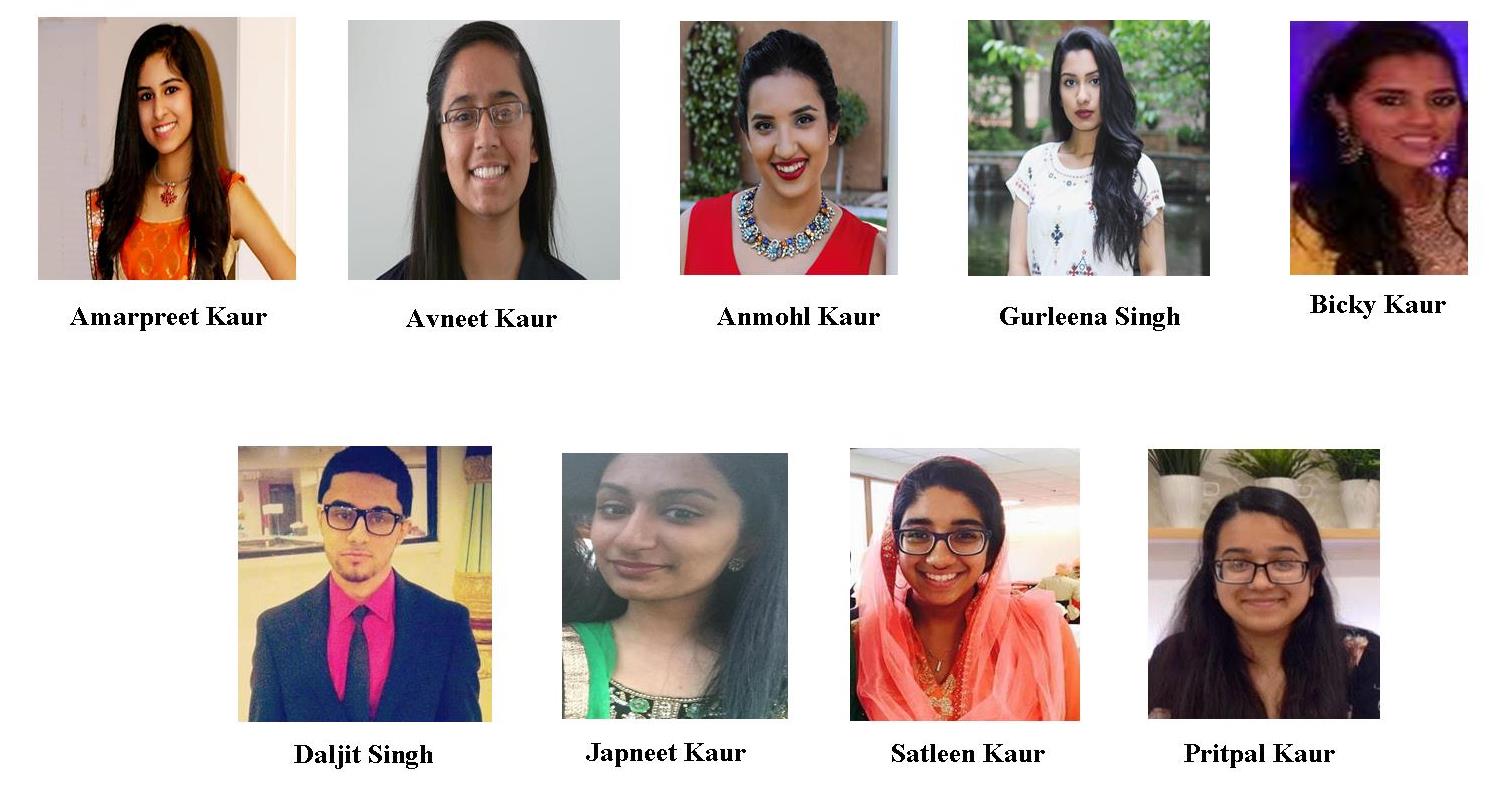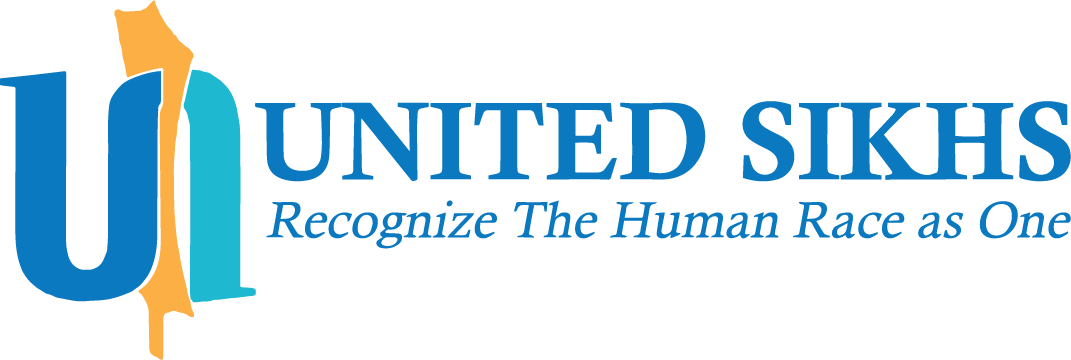Posted in CEED

| Washington DC, USA: From July 11, 2016 through July 13, 2016, UNITED SIKHS, joined by students of the Advocacy and Humanitarian Aid Academy (AHAA), met with Congress Members and their staff to speak about issues affecting the Sikh-American community. Top of the list of matters discussed were “bullying” and hate crimes, counting Sikhs in the U.S. Census, religious accommodations in the armed forces and the “Hair Sampling Bill.” While issues like aggressive security screening in the private and public sectors, wearing the Kirpan while serving on jury duty and U.S. foreign policy on India’s treatment of the Sikh minority since the 1980s are high on the list of Sikh civil and human rights concerns, the four topics UNITED SIKHS focused on are issues on which significant progress can be made in the next year. |
| Religious Freedoms in the Armed Forces |
| During the Sikh Congressional Caucus in late June, UNITED SIKHS called for legislation that would address religious accommodations for Sikhs who want to serve in the the U.S. armed forces with their articles of faith intact. The armed forces policies that call for soldiers to shave and cut their hair deny Sikhs the right to serve. We are pleased that there is sympathetic and enthusiastic support from Congress Members for the position that Sikhs should not have to make the impossible choice between serving their country and keeping their faith. UNITED SIKHS supports calling upon the U.S. Department of Defense to review its policies for conformance with the U.S. civil rights laws. According to various members of Congress, action could come from the legislative or the executive branches and we are working diligently with them and other Sikh organizations for action on this issue. |
| Bullying, Hate Crimes and the U.S. Census |
| Federal and State governments use the U.S.Census to address civil rights violations. It is well known that that there has been an increase in hate crimes and bullying against Sikhs, especially since 9/11. The U.S. Census could inform the federal and state governments about where civil and human rights violations against Sikhs occur the most but it fails to do so because it loops Sikhs into the general Asian -Indian racial group. Federal and State governments are powerless to act if the Census cannot assist in accurately identifying the percentages of hate crimes occurring in the Sikh community. Guesstimates are that there are at least 600,000 to 1,000,000 Sikhs in the United States. Studies show that at least half half been bullied, harassed or even assaulted at some time in their life. Many members of Congress have agreed that a letter to the Census Bureau calling for identification of Sikhs in the Census and punjabi language instructions to be sent to the community before the next Census in 2020 is needed and they are willing to sign on. This would go a long way to making everyone in the Sikh community count so that action can be taken to end bullying and hate crimes against the Sikh community. |
| S. 806: Drug Free Commercial Driver Act of 2015 (“Hair Sampling Bill”) |
| This bill revises regulations that require motor carriers to conduct preemployment, reasonable suspicion, random, and post-accident testing of commercial motor vehicle operators for controlled substances or alcohol abuse. The bill provides that motor carriers can apply to Federal Motor Carrier Safety Administration (FMCSA) for an exemption from mandatory urinalysis testing and must report refusals to test. This raises concerns in the Sikh community that motor carriers will not give a Sikh employee or employment applicant a choice. This infringes upon a Sikh’s religious right because it interferes with the mandates of the faith that they not cut their hair. UNITED SIKHS called for adding language to the bill that would clarify that a motor carrier who receives the exemption must report the reason for refusal and provide the employee or applicant the opportunity to test in some other way. The bill is currently in the Senate and some of the congress members who met with UNITED SIKHS agreed to watch the bill closely and vote the bill down when and if it comes for a vote in the House of Representatives. |
Issued by, UNITED SIKHS
International Civil & Human Rights Advocacy (ICHRA)
By: Wanda Sanchez Day, Esq., Acting National Legal Director
Tel: 1-718-441-6644
E: Wanda.sanchezday@unitedsikhs.org | law-usa@unitedsikhs.org



